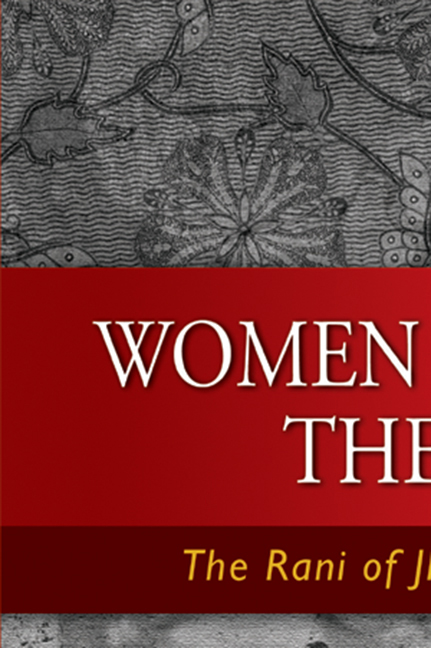Book contents
- Frontmatter
- Dedication
- Epigraph
- Contents
- Message from ISEAS Director
- Foreword
- Preface
- Acknowledgements
- 1 The Historical Rani
- 2 Bengali Nationalism
- 3 Bengali Women Revolutionaries
- 4 Subhas Chandra Bose
- 5 The Indian National Army
- 6 Volunteers from the Malayan Rubber Estates
- 7 The Rani of Jhansi Regiment
- 8 Deployed to Burma
- 9 After the War
- 10 Conclusion
- Epilogue
- Bibliography
- Index
- About the Author
2 - Bengali Nationalism
Published online by Cambridge University Press: 21 October 2015
- Frontmatter
- Dedication
- Epigraph
- Contents
- Message from ISEAS Director
- Foreword
- Preface
- Acknowledgements
- 1 The Historical Rani
- 2 Bengali Nationalism
- 3 Bengali Women Revolutionaries
- 4 Subhas Chandra Bose
- 5 The Indian National Army
- 6 Volunteers from the Malayan Rubber Estates
- 7 The Rani of Jhansi Regiment
- 8 Deployed to Burma
- 9 After the War
- 10 Conclusion
- Epilogue
- Bibliography
- Index
- About the Author
Summary
Bengali nationalism in the late nineteenth and early twentieth centuries was in some respects distinctive, and in other ways it shared features in common with a burgeoning nationwide movement. The nationalist movement encompassed a broad spectrum of conviction, from moderates willing to work for reform within the British framework, to revolutionaries who believed direct action was the only path to independence. Revolutionary activities were a response both to the writings of Bengali intellectuals and also to the actions of British officialdom.
The 1905 partition of Bengal into East and West, partially along a Hindu-Muslim divide, was a British action that prompted a sharp response. The partition was preceded by two other unpopular measures in Bengal, the Calcutta Municipal Bill and the Universities Bill, both designed to tighten British control. The reaction to partition was immediate. English goods were boycotted in protest, not only in Calcutta stores but also elsewhere in Bengal.
Response to unpopular and repressive measures was led by the Bhadralok, the English-educated elite. Calcutta, or Fort William as it was initially called, as the centre of East India Company control in India, was also a major focus of the introduction of English education. The influential educator, poet, artist and novelist, Rabindranath Tagore, and others of the Bengali literati participated in anti-partition protests.
Aurobindo Ghosh, prominent later as founder of Auroville in Pondicherry, joined Bipin Chandra Pal in editing a paper called Bande Mataram in which he advocated meeting violence with violence. He also wrote articles for a revolutionary journal, Jugantar, published by a group of the same name, and agreed with the revolutionary Tilak in his strategy of fostering secret organizations and mass festivals. Aurobindo, Pal, and Lala Lajpat Rai, together with the Maharashtran Chitpavan Brahmin Tilak, were early leading lights of a militant style of nationalism. “Sunnyasins must be ready to die for the goddess in her modern incarnation as the nation”, wrote Aurobindo.
Aurobindo's Anglicized father had sent him to England at the age of seven, and there he had remained in school and college for fourteen years. He returned not as his father expected but with a profound dislike for England. He spent some time in Calcutta, where he met C.R. Das and other leaders and also kept in touch with the Irish expatriate, Sister Nivedita.
- Type
- Chapter
- Information
- Women Against the RajThe Rani of Jhansi Regiment, pp. 10 - 19Publisher: ISEAS–Yusof Ishak InstitutePrint publication year: 2008



